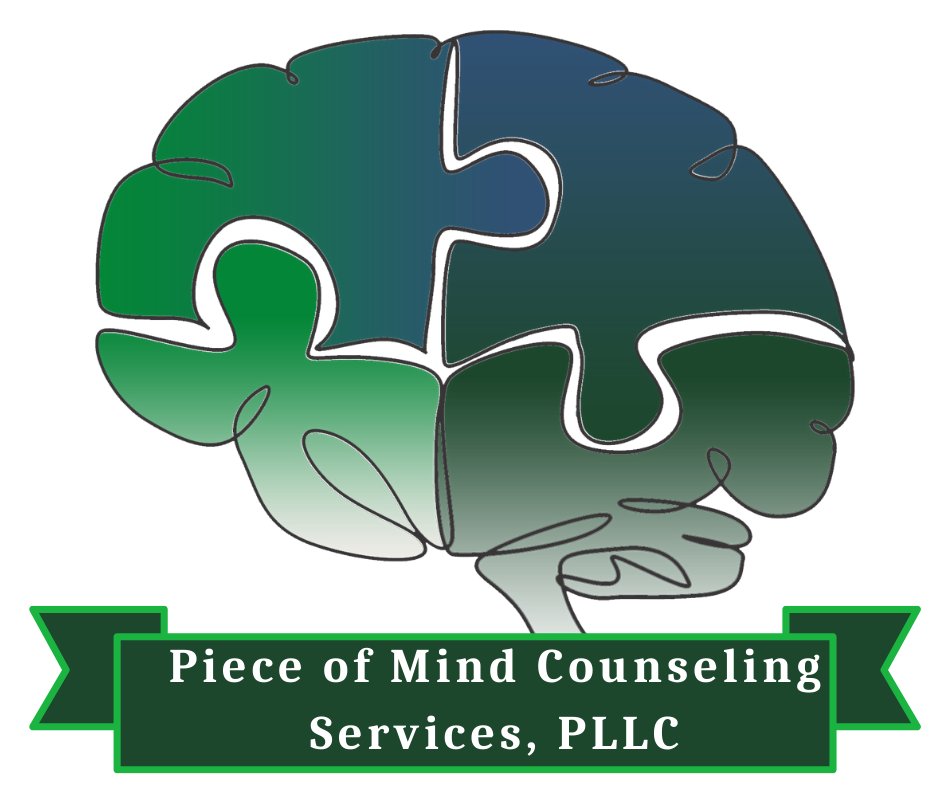Trauma Therapy: A Complete Guide to Healing and Hope
If you’ve been through a painful experience that still lingers—whether it was a single event or something that built up over time—you might notice how it affects you every day. Trauma can show up in so many ways: racing thoughts, nightmares, trouble trusting people, or feeling like you’re always on edge. It’s exhausting to carry those heavy memories, and at times, it might feel like you’ll never fully move forward.
This is where trauma therapy comes in. Trauma therapy is a specialized form of counseling that helps you process painful memories, calm your nervous system, and begin to feel safe in your own skin again. It’s more than just “talking about the past”—it’s about learning how your body and brain have held onto trauma and giving yourself tools for real healing.
Learn more about trauma therapy support here »
Trauma Therapy: How Healing Happens After Hard Experiences
Healing after trauma doesn’t happen overnight, but with the right support, it is absolutely possible. Trauma therapy helps you:
Understand your body’s response: Many trauma survivors feel “stuck” in fight, flight, or freeze mode. Therapy helps calm those automatic reactions.
Safely process memories: You don’t have to relive every detail of what happened. Approaches like Accelerated Resolution Therapy (ART) allow you to gently reprocess memories so they lose their intensity.
Reconnect with yourself and others: Trauma can make you feel disconnected or even numb. Therapy helps rebuild trust and emotional connection.
Healing isn’t about erasing your past—it’s about finding freedom in your present and hope for your future.
The Benefits of Trauma Therapy for Anxiety, PTSD, and Emotional Wounds
Trauma therapy can help with a wide range of struggles, including:
PTSD symptoms such as flashbacks, nightmares, or feeling constantly on guard.
Anxiety and panic attacks that may be rooted in unresolved trauma.
Depression or low self-worth that often follow painful life events.
Relationship challenges, like difficulty trusting others or feeling distant.
Grief and loss that feels overwhelming and unresolved.
By addressing trauma directly, many people also notice improvement in physical symptoms like fatigue, headaches, or stomach problems. That’s because your mind and body are deeply connected—and trauma therapy helps heal both.
How Trauma Therapy Helps You Reclaim Peace and Confidence
Living with trauma can feel like you’re constantly waiting for the next shoe to drop. Even when life is “fine,” your nervous system might still be in survival mode. Trauma therapy helps you shift from surviving to living by:
Building coping skills so you feel grounded when triggers come up.
Restoring confidence in your ability to handle emotions.
Creating new pathways in your brain that allow you to respond rather than react.
Helping you feel safe again—in your body, in relationships, and in daily life.
When you’re no longer defined by the worst thing that happened to you, you make space for peace, joy, and connection.
Is Trauma Therapy Right for You? Signs It’s Time to Start Healing
You might benefit from trauma therapy if you notice:
Certain memories feel too painful to talk about, but they still haunt you.
You avoid places, people, or activities because they remind you of the past.
You feel “numb” or disconnected from your emotions.
You startle easily or feel on edge most of the time.
You’ve tried moving on, but the same patterns keep showing up in your life.
If any of this resonates, it doesn’t mean you’re broken—it means your body and mind are trying to protect you. Trauma therapy offers a safe space to finally unpack what you’ve been carrying and learn new ways of moving forward.
Trauma Therapy Explained: What to Expect in the Healing Journey
Every therapist has their own approach, but here’s what you might expect in trauma therapy:
First session: You’ll share a little about what brings you in and set goals for what you want to get out of therapy. You won’t be pressured to share details you’re not ready for.
Early sessions: You’ll learn grounding techniques and coping strategies to help you feel safe and supported.
Processing trauma: Methods like Accelerated Resolution Therapy (ART) may be used to help reprocess traumatic memories. This allows your brain to “file” them away properly so they no longer overwhelm you.
Ongoing support: Trauma therapy isn’t just about surviving the past—it’s about creating a more fulfilling life in the present.
Discover trauma therapy support today »
A Gentle Invitation to Begin Healing
If you’re feeling weighed down by the impact of trauma, please know that you don’t have to go through this alone. Trauma therapy can help you move from simply surviving to truly living. It’s about finding safety, reclaiming your confidence, and creating a future that feels hopeful again.
You deserve to heal. You deserve support. And you don’t have to wait any longer to start this journey.
👉 Schedule a free 15-minute consultation today and take your first step toward healing.


